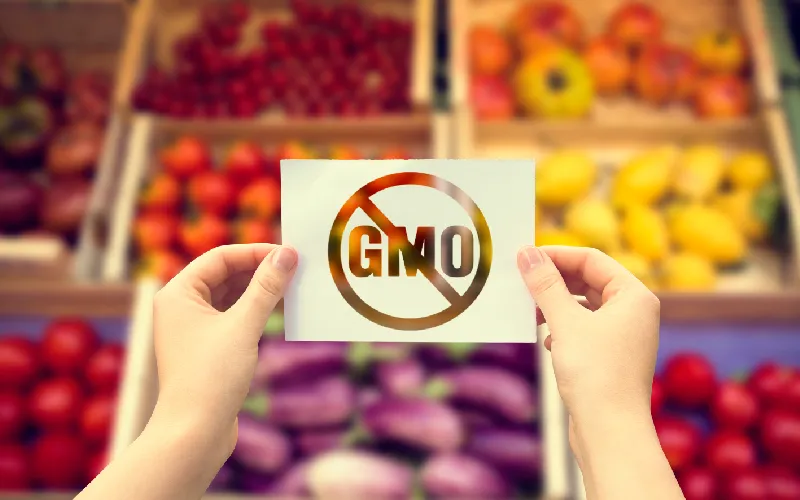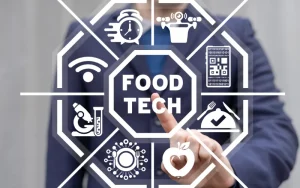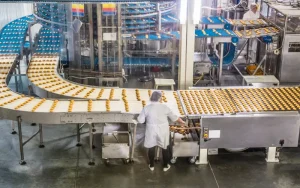Non GMO foods are products without genetically modified organisms, meaning that they have not undergone any genetic change in the production processes. They are foods used as raw materials in the U.S. food industry. Mainly, as ingredients and inputs to make products with fruits, vegetables, and other fresh foods (Non-GMO Food Control and Certification Council, S.f.a; Non-GMO Project, 2023).
Learn about the main characteristics of this type of food and its advantages in industrialized production.
Main characteristics of non GMO foods
These types of foods are products that have not undergone a genetic engineering process. This means that their ingredients are not derived from genetically modified organisms (GMO). It is one of the food technology trends characterized by the use of more natural ingredients, which have not had their genetic code artificially manipulated in a laboratory (Non GMO Food Control and Certification Council, S.f.b).
In them, the genetic structure of the plants used in the product is not modified for certain purposes. In other words, Non GMO foods do not have combinations of genes that are not available in nature. Thus, they are obtained from seeds and plants that have not been modified in any way (Non-GMO Food Certification and Control Board, S.f.b).
The non-GMO food market and its advantages
In the United States, 44% of consumers state that Non GMO is an important statement on food labels. This is due to a growing trend in the use of Non GMO foods. In addition, consumers are becoming more nutritionally aware. They are more aware of genetically modified ingredients in their food (Garcia, 2023; THE FOOD TECH, 2023).
They are even more aware of the nutrition label. As a result, they are more likely to choose products that contain fresh ingredients, such as fruits and vegetables. Which means they are making informed decisions about what they choose to eat. In fact, brands certified as Non GMO increase their sales by up to 20% (Garcia, 2023; THE FOOD TECH, 2023).
Advantages of non-GMO foods
Choosing non-GMO or non-GMO foods, compared to other inputs, brings advantages in industrialized production. Among them are the following (Non-GMO Food Control and Certification Council, S.f.c; Garcia, 2023; Non-GMO Project, 2023):
- Guarantees the organoleptic quality of the products. They maintain the characteristics and natural composition of their raw materials.
- Promotes the use of fresh inputs and ingredients in accordance with the specifications required in the final products.
- Maintains an integrated risk management that ensures the safety of the products. They are perishable food that offers greater control over contamination and toxicity.
- It favors compliance with regulatory requirements to meet or exceed the quality levels demanded by customers.
- Facilitates access to world markets for non-transgenic products and offers greater opportunities for participation and differentiation.
- Secures more than 55,000 products with unique formulas. Among them, products made from fruits, such as juices, purees and even functional food.
In conclusion, non GMO foods are products without genetically modified organisms. They are used as inputs or ingredients in products made from fruits, vegetables, and other fresh foods. Their use ensures the quality of the final product and favors greater control of contamination and toxicity. Thanks to this and other advantages, betting on this type of food favors your company’s production.
Bibliographic References
- Non-GMO Food Control and Certification Council (S.f.a) What are NON-GMO products?
- Non-GMO Food Control and Certification Board (S.f.b) What does NON GMO mean?
- Non-GMO Food Control and Certification Council.(S.f.c). What are the benefits of NON GMO certification?
- Garcia, G. (2023, August 21). Non-GMO Project awards certification to dairy protein for food applications. The FOOD TECH.
- Non-GMO Project (2023, March 31). NON-GMO PROJECT Certification Standards.
- THE FOOD TECH. (2023, January 31). Transgenic foods: the dilemma between their effects and benefits.






